How to tackle food waste: the global consumption conundrum
Every
year, about a third of all food produced in the world is lost or
wasted. To tackle hunger – and feed a growing population – this
profligacy has to be addressed. Where to start?
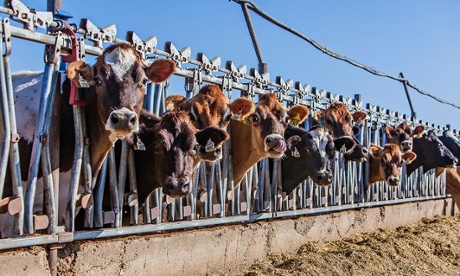
every night – about one person in eight. Meanwhile, about a third of the world’s adults are also overweight. There’s enough food for everyone, but around a third of all food produced is wasted, according to the UN’s Food and Agriculture Organisation. It’s no surprise that the sustainability of our food system is under greater scrutiny than ever.
But where do we start? For most people, it’s a bewilderingly complex issue. The issue of food waste has struck a chord recently thanks to campaigns such as Love Food Hate Waste. However:
- How do we build on that momentum?
- Where is the ‘low-hanging fruit’ now in driving sustainability?
- What are the responsibilities of consumers, businesses and government?
Public awareness
Research released last year by the Waste and Resources Action Programme (Wrap) found that avoidable household food waste in the UK has dropped by 21% since 2007. Public awareness of food sustainability has taken root through this lens, and the roundtable discussed how this might open the door to a broader understanding of sustainability in the food supply chain. Food-waste campaigner and writer Tristram Stuart said:
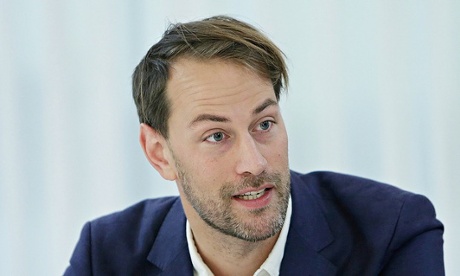
“A lot of people find it difficult to see how their buying behaviour is related to deforestation in the Amazon.”“But pretty much everyone can relate to a brown bag of lettuce, or react to mounds of bananas rejected because they’re the wrong shape or size. Food waste can be used as a doorway into other issues of food sustainability.”
Many businesses and policymakers have clustered around food waste because it’s seen as an easy win, Stuart added. Donating leftover food is worthwhile, and good PR. Businesses are also quick to reduce waste if it saves money. The bigger challenge is addressing waste all along the supply chain, plus wider sustainability issues such as farmers’ livelihoods, health, and the environmental impacts of our food system.
Raising farmers’ income
Mark Barthel, special adviser at Wrap, gave an example of how altering often arbitrary product specifications can reduce waste and raise farmer income.
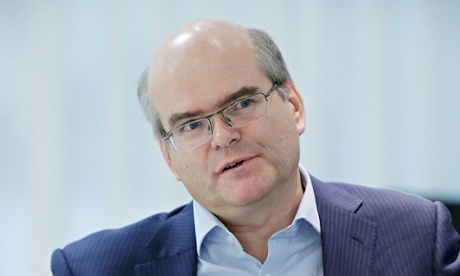
“We’ve been working with Cooperative Food on one of our Pathfinder projects to get under the skin of where food loss occurs and why, and we found that 20-25% of potatoes grown were lost because of a product specification going back to the 1980s that said the perfect circumference of a potato was 45mm. Dropping that to 43mm increased profitability by £200 per hectare for farmers.”Another example given was that of Birds Eye dropping its exclusivity clause with pea producers, which previously meant that peas failing a sweetness test couldn’t be sold to anyone else.
“We’ve learned that we can use such peas in other ways, including selling them through unbranded methods,” said Andy Weston-Webb, managing director of Bird’s Eye.
“It benefits us to work with
The problem of buyers cancelling orders at the last minute has long been a challenge for farmers too. The Groceries Supply Code of Practice, introduced in 2010, addressed this in the UK but such problems can persist in long global supply chains where there are many intermediaries, and at worst it can make farming an unsustainable business. This is recognised by some global buyers as a risk to their own business, both in terms of supply and reputational damage.
Shorter supply chains
According to Tim Smith, group quality director at Tesco, shortening supply chains and moving towards “whole crop purchasing” is an important way forward.
“In the case of bananas, we’re now looking to buy the whole crop from a smaller group of suppliers, so that farmers in Costa Rica and Ecuador know that they’re going to sell as much of the crop as possible,” he said.
“As we developed supply chains over decades, middlemen and agents were there to mitigate risk, but the reality is we only reduce risk when we directly engage with our supply base.”
Nevertheless, there are still millions of farmers in developing countries with precarious livelihoods. One of their big problems is post-harvest crop losses, which could be eliminated or reduced with investment in simple technologies, said Barrie Bain, director of Fertecon.
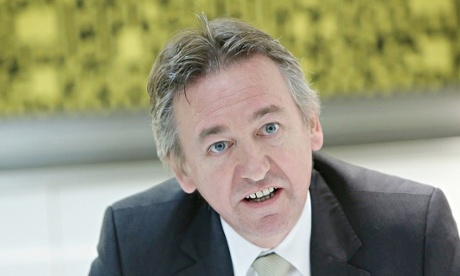
“Roughly 40% of crops in developing countries are lost because of deficiencies in supply chains,” he said. “Farmers harvest products but because of a lack of suitable storage, and poor logistics, there are massive losses before the crop even gets to market.”There’s an oft-repeated mantra about the need to increase global production by as much as 70% by 2050 if we are to feed a growing world. How does that fit in with the food-waste figures, and is it really necessary?
“Those projections are based on the assumption that dietary transition towards more resource-demanding foods will continue,” said Tara Garnett, coordinator of the Food Climate Research Network (FCRN).
“But we can also change what it is we are consuming. One of the things we need to think about is the fact that we’re feeding grains to livestock, and that they have dedicated feed supply chains.”
Meat-heavy diets
A recent US study found that beef requires 160 times more land and produces 11 times more greenhouse gases than staples such as wheat, rice and potatoes. Not wasting vegetables is good, but there’s an argument that eating less meat could make a bigger impact.
“The huge UN push on waste has been extremely positive, and if we had that for meat it would be extraordinary,” said Vicki Hird, senior campaigner at Friends of the Earth.
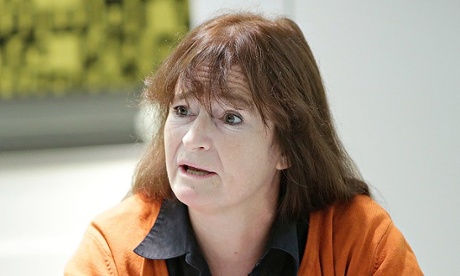
“The worst thing you can waste is meat, because of the huge footprint of the meat system in terms of land, water, materials, energy and greenhouse gas emissions.”Are consumers ready to hear messages about their meat habits and sustainability? They may have embraced food waste, but Mark Linehan, managing director of the Sustainable Restaurants Association, suggested even that might not last.
“I think there’s also evidence that when you have money in your pocket again, some of that behaviour starts to go. I wouldn’t assume that just because people had less money over the last eight years, that they will continue being careful of the food they throw away in future.”
The food sustainability agenda
According to environmental entrepreneur Trewin Restorick of Hubbub, we need to use the buzz around food waste as a launching pad but recognise that consumers will engage with sustainability in different ways.
“The consumer is so divorced from this massive food system, so their understanding of the connectivity of their decisions with the wider sustainability agenda is tenuous unless they’re very interested,” he said.
“You can break that in many ways. We’re doing a school programme, getting pupils to see what happens to food when you store it in different ways. There’s room for more creativity in bringing people back in touch with the food chain.”
The UK is in a good position to lead the way globally on this, which is something Jim Stephenson, sustainability and climate change manager at PwC, suggested was becoming increasingly urgent.

“Every year hundreds of millions of people are coming into the middle classes around the world, but this culture of being more conscious of resources is not coming through strongly everywhere. I think we’re making gains in the UK but there’s also a huge challenge in how we deal with this globally.”Part of that depends on finding the right frameworks. The Wrap model has been exported to other countries, and the UK’s recent introduction of the Groceries Code Adjudicator is also a replicable move. A recent draft of the Sustainable Development Goals mentions halving per capita food waste by 2030.
The best way to drive sustainability in the global food system, said Stuart, will be a mix of these top-down approaches, and grassroots civil society activity.
“Major international frameworks will help, but what often sparks governments to start investing in something like Love Food Hate Waste is popular grassroots expression. When I first started campaigning on food waste, it was a neglected issue. But there have been enormous advances now, and I’ve been astonished by the rapidity with which things can happen.”
Food waste: key points
- According to the UN’s Food and Agriculture Organisation estimates, produced but uneaten food occupies almost 1.4bn hectares of land, representing almost 30% of the world’s agricultural land area.
- WRAP’s Pathfinder projects are looking at points of environmental impact in entire product supply chains, and working to reduce those impacts and improve efficiency. It has worked with Sainsbury’s on fish, Co-operative Food and Farms on potatoes, and William Jackson on onions.
- In February 2010 a Groceries Supply Code of Practice (GSCOP) came into force in the UK, followed in June 2013 by a Groceries Code Adjudicator (Christine Tacon) appointed to oversee the Code.
Patrick Butler, (Chair) Editor of society, health and education policy, the Guardian
Barrie Bain Director, Fertecon
Mark Barthel Special adviser, Waste and Resources Action Programme
Jim Stephenson Sustainability and climate change manager, PwC
Tara Garnett Coordinator, Food Climate Research Network
Andy Weston-Webb Managing director, Birds Eye
Vicki Hird Senior campaigner, Friends of the Earth
Mark Linehan Managing director, Sustainable Restaurants Association
Tim Smith Group quality Director, Tesco
Trewin Restorick Environmental entrepreneur, Hub-bub
Tristram Stuart Founder, Feeding the 5000
Read more like this:
No comments:
Post a Comment